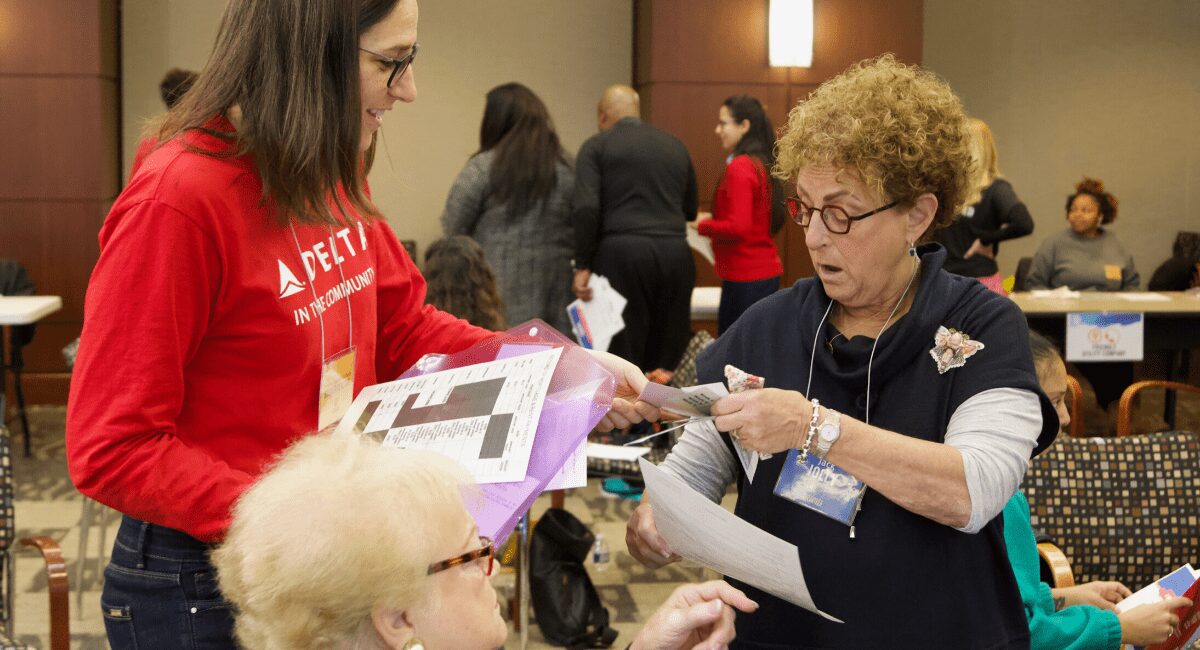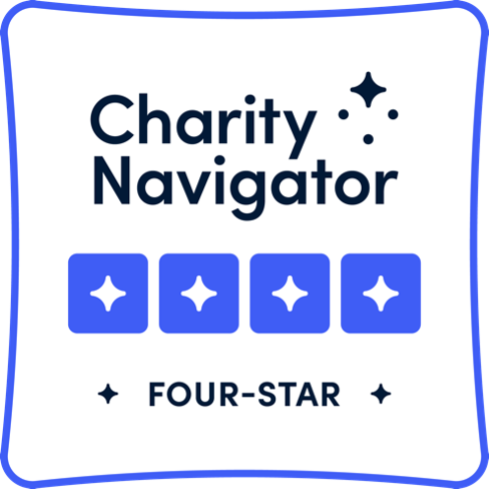You’re working a full-time job, and it’s barely enough for you to support your family, but you get by — many times it’s thanks to the support from your neighbors, resources in town, local nonprofits, churches, etc.
You’re straggling that line of poverty, but things are OK for now. You have a lot to be thankful for — you have your health, your children, a job — but then the unthinkable happens.
You or your spouse gets laid off, you get into a car accident or suddenly somebody needs surgery. Any one of these things can send you spiraling out of control and below the poverty line — the bills pile up; the bank is calling, and they are going to repo your car if you don’t come up with the money soon. You pawn some furniture, a couple of pieces of jewelry and you have enough to get through the week.
But then the next week comes. Nobody would have ever chosen to live in a situation like this.
Just because someone is living in poverty doesn’t mean it’s all their doing. This was a common takeaway from a Poverty Simulation hosted by the United Way of Greater Atlanta Women United Affinity Group on Feb. 21 at the AT&T Mobility, LLC office in Brookhaven.
Poverty is a reality for many individuals and families across Greater Atlanta, and exercises such as these poverty simulations work to bridge the gap of misconception surrounding poverty to an understanding that this can happen to anyone.
It’s an interactive experience. Before checking in, participants were given nametags to corresponding “families,” which were labeled by chairs set up in groups throughout the room — this is your “community.” Those chairs were boxed in by tables that represented community resources: Social services, banks, churches, pawn shops, businesses, schools, etc.
Each of the chairs came with a packet and assignment for each of the family members with a description. Some of the families had single mothers, fathers who had been laid off, children who needed to attend school and basketball practice or toddlers and young children who couldn’t provide for themselves.
You have all of these people to consider, and every one of your decisions can impact those in your family. So, you have to be strategic and work together.
United Way saw two years ago that, statistically, because of what zip code a child was born into, he or she was handed a disadvantage beyond their control. Through a set of 14 child, community and family measures, United Way calculated at the time a child well-being score of 58.9.
On May 9, 2019, United Way announced the regional child well-being score had improved to 61.8, which represents a change in the lives of 82,000 children.
“How are the children in your community doing?” says Kisha Stanley, senior director of Volunteerism at United Way. “When we think about how we go out and educate people about Child Well-Being, we think about the Child Well-Being Index scores, and this encompasses things like third grade reading and graduation rates.
“Poverty is at the crux of all of that. A kid’s success and the direction they go shouldn’t be determined by the zip code they are born into.”
So, families represented in that room relied on their community for support.
In the 60-minute process, participants went through the full gamut of emotions in this immersive simulation. Several of them lost their jobs and were forced out of their homes, and some of them were living in homeless shelters.
“Also, some of you have been robbed and you don’t know it yet,” Stanley tells the group during one of the breaks.
The anxiety builds with each passing 15 minutes, which represents one week.
“You see these things happen with certain people when you’re already living on the [poverty] line, and then one bad thing can just screw everything up,” says Chasitye Jackson, who participated in the simulation. “I already had sympathy for people, but I think that I’ll have more compassion just thinking about it because nobody chooses to be like this. Everybody wants to provide for their family.”
Jackson was a 15-year-old daughter in the simulation, and she said the biggest thing that struck her from the experience was how the family had put all of its focus on money instead of the emotional needs of the family.
Other families benefitted from having a two-parent household, even though they only had one steady income.
“I was an 8-year-old,” says Sibyl Slade, “so the first thing I noticed is that I couldn’t provide any input. I didn’t see a lot of my mom because she was working, but I saw my dad because he was the one laid off. Dad being more available allowed us to get errands run and dad knew where to get the services.”
But then Slade said her mother was “arrested” because her employer had written her a bad check. She was forced to go to jail, and then they had to make sacrifices to get her out.
The group discussed how they managed the difficulty of each situation.
“This is a simulation, this is fun, but this is real life for a lot of people,” Stanley says. “Regardless of what walk of life we are from, we all had some unconscious bias about people in that situation. But they are people, too. They are part of our community.”
If you want to help care for the people in your community, donate to the Child Well-Being Impact Fund. You can also look for other ways to volunteer and advocate for United Way in your community.





